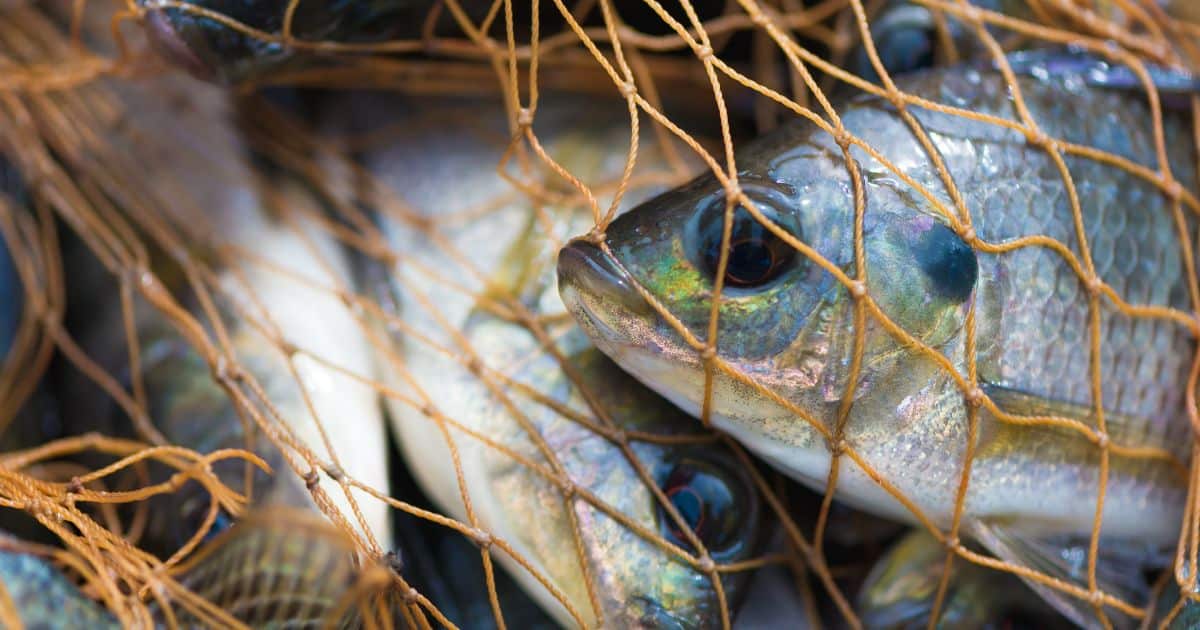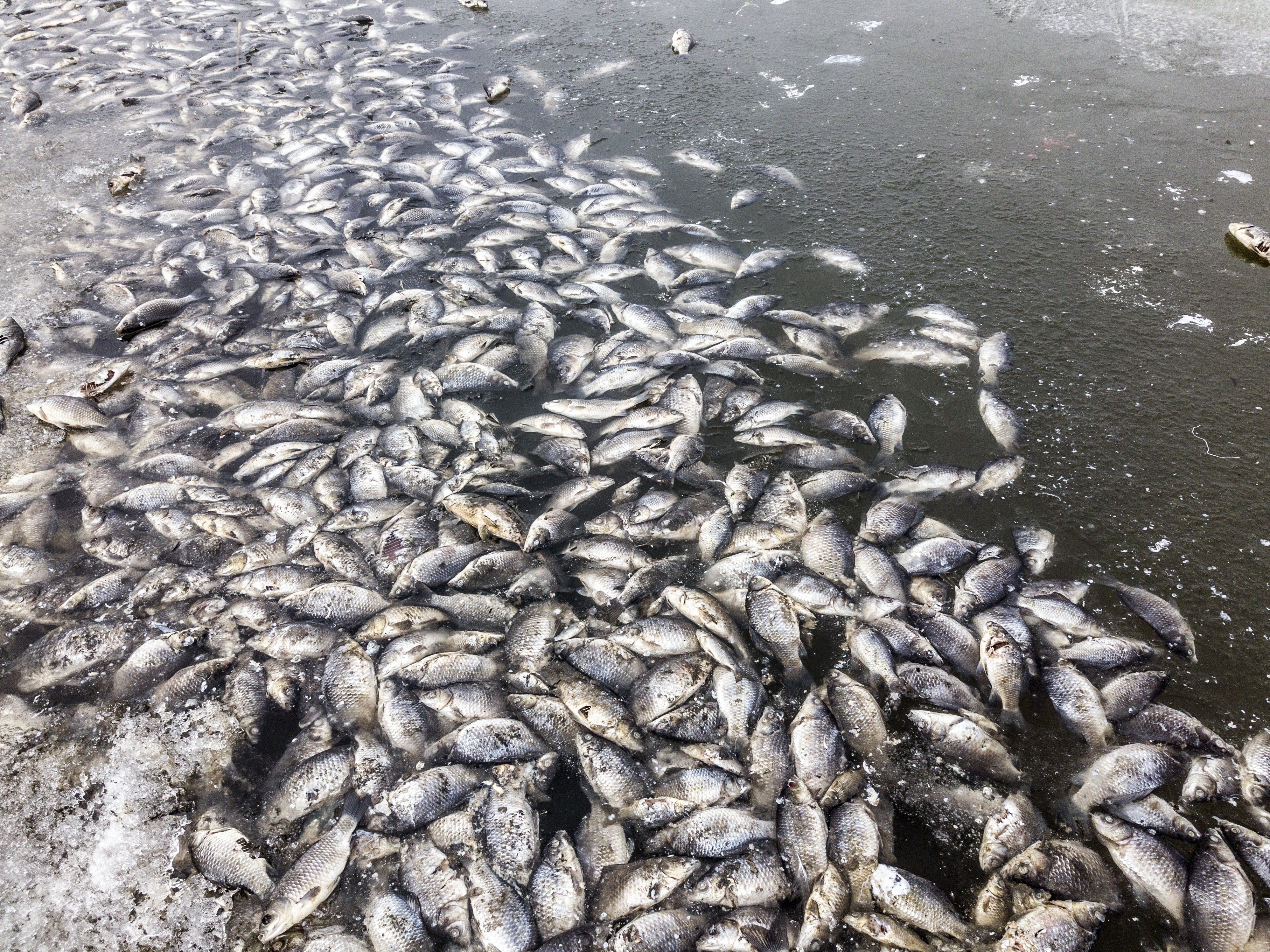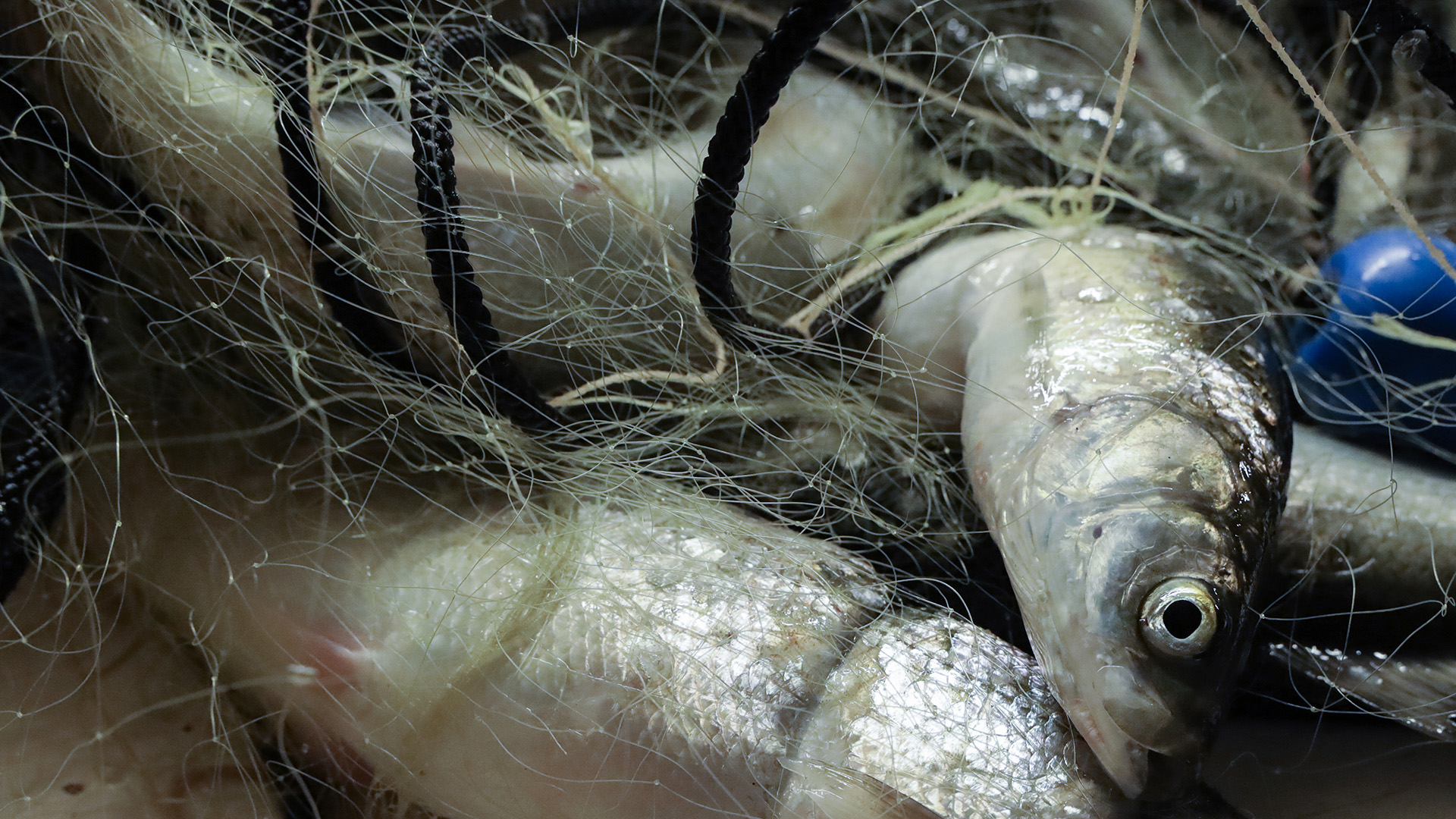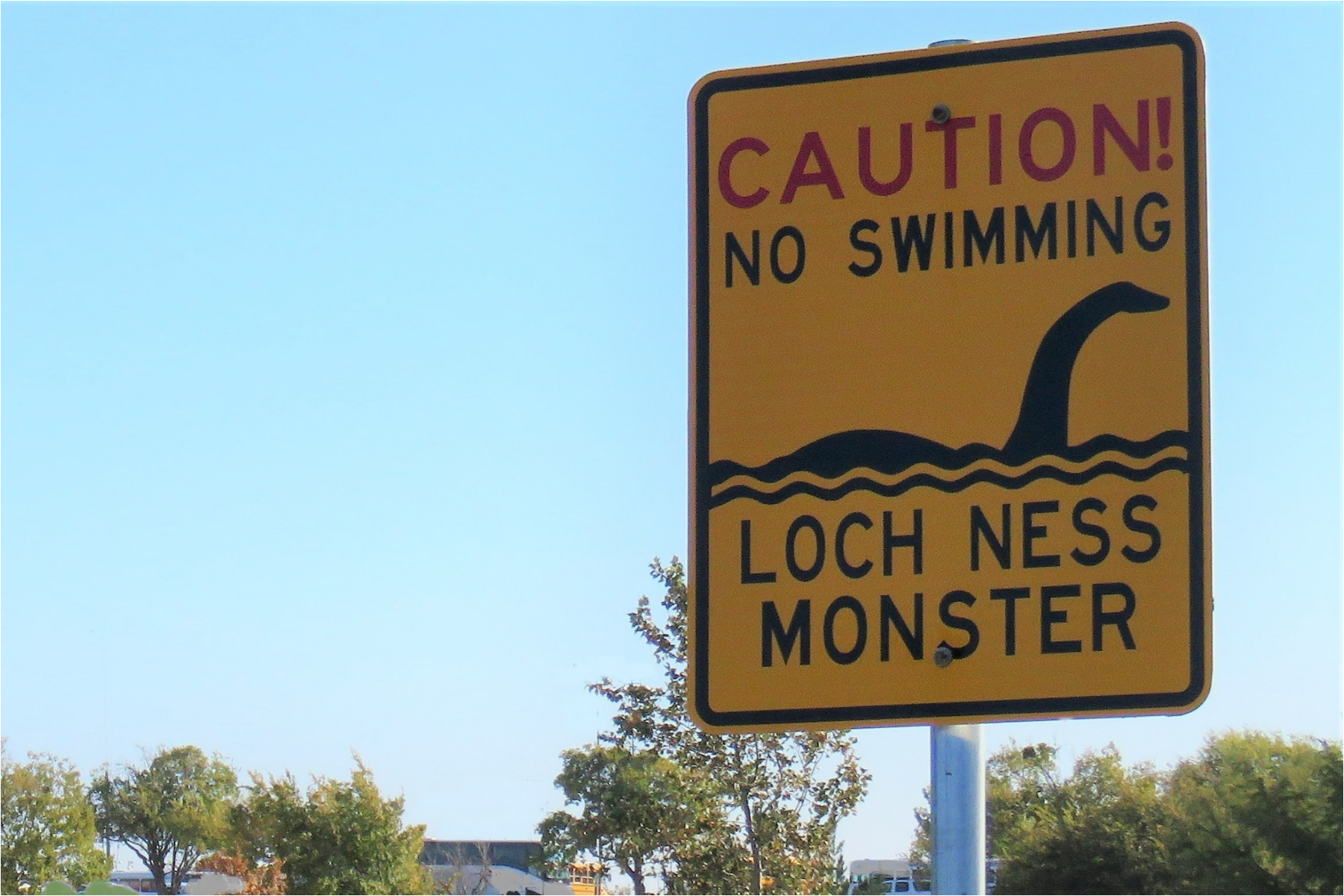Wild Fish Feel Pain — But They Have No Welfare Protections

When you occur across wild fish at the supermarket, do you at any time wonder in which it seriously comes from? You could possibly think what you are about to acquire is an alternate to manufacturing facility farmed meat — extra sustainable and with no the animal struggling. But the reality is that half of all captured wild fish — which proof overwhelmingly suggests are sentient creatures who working experience agony — go to fishmeal and fish oil manufacturing that mostly finishes up as feed for farmed fish and other factory farmed animals.
In our study, we interviewed 18 specialists from the fishing and seafood industry, fisheries management, scientific investigation neighborhood and animal and fish advocacy organisations in Europe and the U.S. We identified common agreement on two details — that fish are sentient and that they are harmed in the capture approach.
Professional fishing operations are one particular of the few kinds of foodstuff creation that really do not have to comply with any welfare policies at all. Globally, anyplace from 787 billion to 2.3 trillion fish are captured every year in techniques that subject the fish to intense pressure throughout seize. Gorgeous is exceptional, and gutting alive is typical follow.
Our findings emphasize a enormous gap concerning how most individuals would like farm animals to be addressed and what wild fish encounter when they are captured. Most international locations, which includes the U.K., do not have any rules in area to protect wild fish that are caught for food items.
Even Fish Marketplace Professionals Acknowledge That Fish Experience Agony
Most of modern society tends to dismiss fish as chilly blooded, insentient and unfeeling. However evidence overwhelmingly demonstrates that fish do truly feel ache just like humans, pigs and chickens. Fish pull away from agonizing stimuli, for illustration. They even steer clear of returning to destinations linked with a previous distressing experience.
All of the analyze individuals agreed — or at the very least didn’t dispute — that fish are sentient. “Fish have a anxious method, they have to sense discomfort. I just consider as individuals we overlook it,” reported a person fishing market representative, adding… “we place a barrier amongst ourselves and fish much more so than we do with other animals.”
Another agent, a U.K. fisheries manager with a background as an ex-commercial fisher, spelled out that he did not give significantly imagined to sentience and was skeptical that scaled-down species felt points in the same way as larger sized types. Having said that, as he continued to believe about his response, even he eventually acknowledged that “from the sentience standpoint [they] are likely no distinct.”
Professionals from the marketplace aren’t eager to talk about fish welfare with colleagues, we uncovered. They fear that speaking about fish welfare could be akin to opening Pandora’s box. One particular fishing practitioner expressed concern that at the time the marketplace starts off talking about fish welfare, “you’ve obtained no notion wherever it’s heading to stop.” On the other hand, some reps we spoke to noticed welfare reform as inevitable, and welcomed discussions for realistic and sensible reform now to prevent additional unworkable impositions that could come later on.
How Wild Fish Die in Industrial Fishing Operations
Several consumers are not conscious that fish can put up with but the actuality is that for just about all commercial fishing functions, the solutions, equipment and vessels are all built for performance and earnings fairly than wild fish welfare. In other words, almost all approaches result in high ranges of worry to specific fish — from their to start with come across with the fishing gear till they die, escape or are discarded.
It’s not unheard of for commercial fishing equipment to be vast, primarily in bigger industrial fishing vessels that can catch hundreds of thousands of fish in their nets at after. For instance, purse seine nets can stretch 1000’s of yards lengthy and depths of around 660 feet with the most significant hauls catching up to 50 {95221ed7c1b18b55d17ae0bef2e0eaa704ccc2431c5b12f9d786c88d1acb538d} a million unique fish.
Nevertheless it is not just huge operations that cause fish suffering. The stakeholders we spoke to lifted a range of welfare concerns across quite a few unique gear types, with an all round feeling that the length of the seize encounter — the time spent on a hook, in a net or aware on deck — is the most essential to fish worry concentrations. Tow times can selection from mere minutes to a number of several hours, dependent on the density of the focus on species and the measurement and electricity of the vessel, whilst very long lines, gillnets or traps might be remaining out for times.
Investigation exhibits that when fish are caught they practical experience exhaustion, physical personal injury, suffocation and even asphyxiation. For example, a single approach known as a base trawl — thought of by most stakeholders the most harming strategy all round — consists of dragging a weighted internet alongside the ocean ground, which disturbs every thing in its route, releasing carbon from the seabed when sweeping up large quantities of creatures.
Several fish die for the duration of the early stages of capture, but for all those that are alive when they land on deck, they are quite not often shocked prior to slaughter. In fact, couple fish will undergo a deliberate slaughter course of action at all. Most are remaining to asphyxiate on the deck or to die for the duration of further processing, frequently gutted even though thoroughly mindful. Some fish are set on ice although nonetheless alive, which can even more prolong the struggling.
To make issues even worse, industrial fishing solutions also seize other fish and animals along the way named bycatch, and these creatures undergo right alongside the goal fish. Even fish that are discarded or who escape nevertheless normally finish up dying prematurely or usually suffering. Breathtaking, or rendering the fish unconscious, is rare. Even in the European Union, where by laws calls for that farmed animals should be surprised right before slaughter, wild-caught fish are exempt.
Even following the fishing vessels have departed the fishing grounds, so-known as ‘ghost fishing’ with its discarded and lost fishing equipment, continues to cause welfare and biodiversity harms as wild fish and other aquatic animals and seabirds uncover on their own trapped inadvertently and remaining to die.
Far better Restrictions Are Desired
Final 12 months, U.K. lawmakers handed the Animal Welfare (Sentience) Act , which now calls for the government to build a committee of industry experts to critique how coverage selections effect animal welfare, which includes the welfare of wild fish. Despite this promising progress, there is still a great deal much more to be performed to reform business fishing techniques. There continue being no U.K. guidelines that explicitly secure the welfare of wild fish caught at sea, regardless of all we know about the methods fish practical experience suffering and suffering. It is distinct that legal reform in the U.K. and globally, is lengthy overdue.







